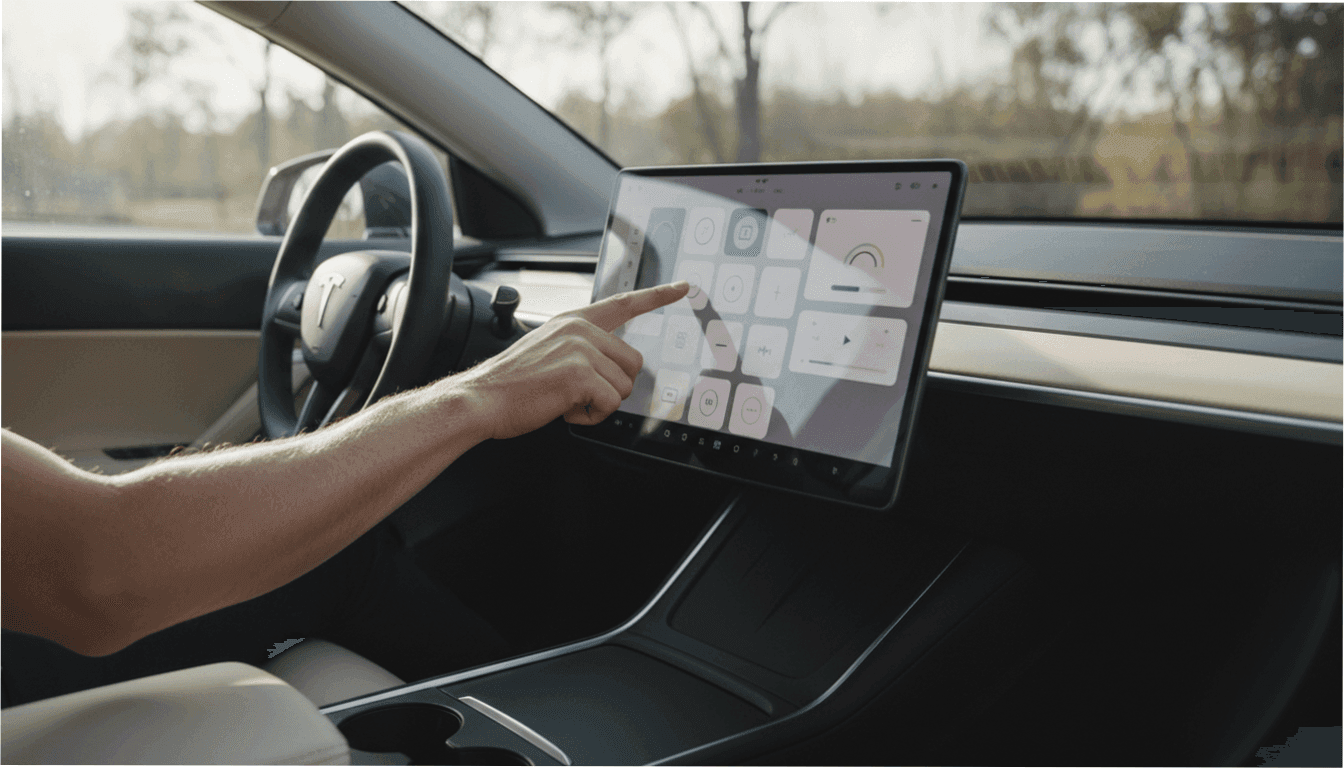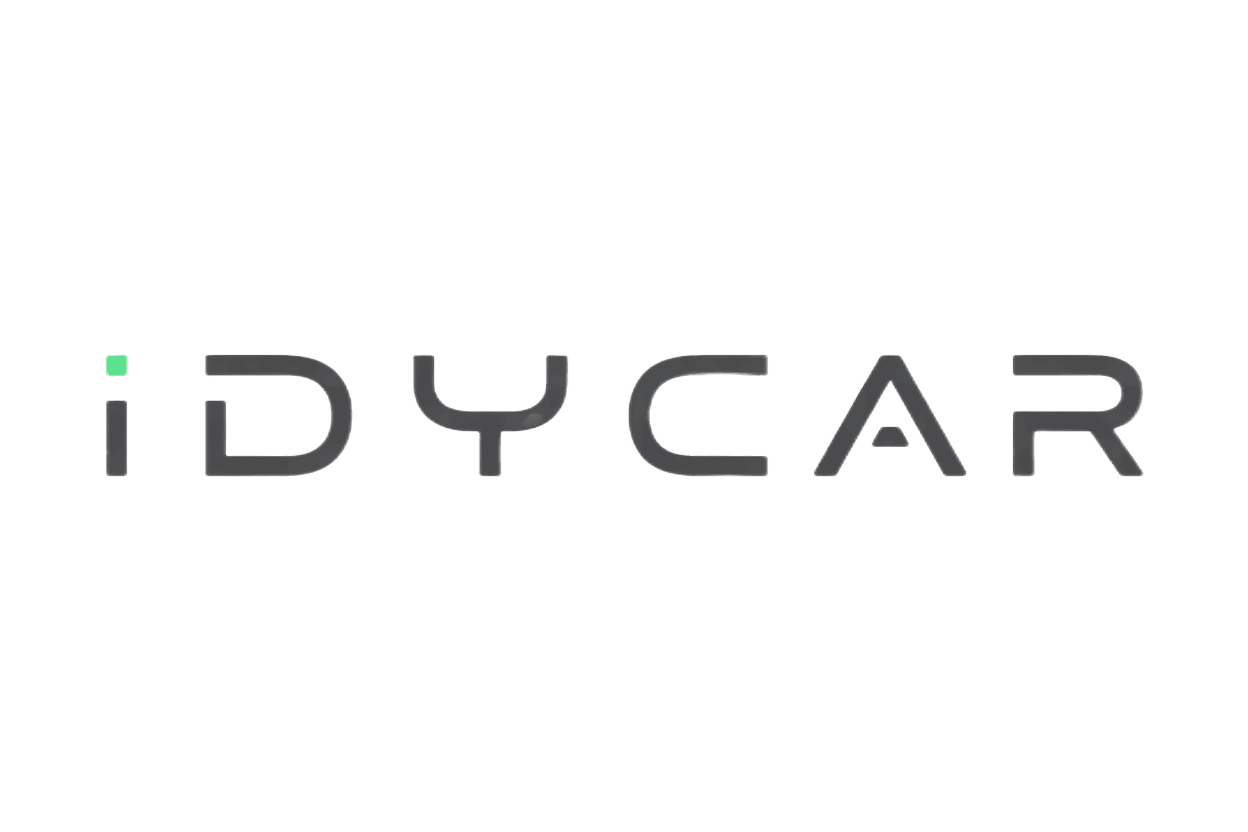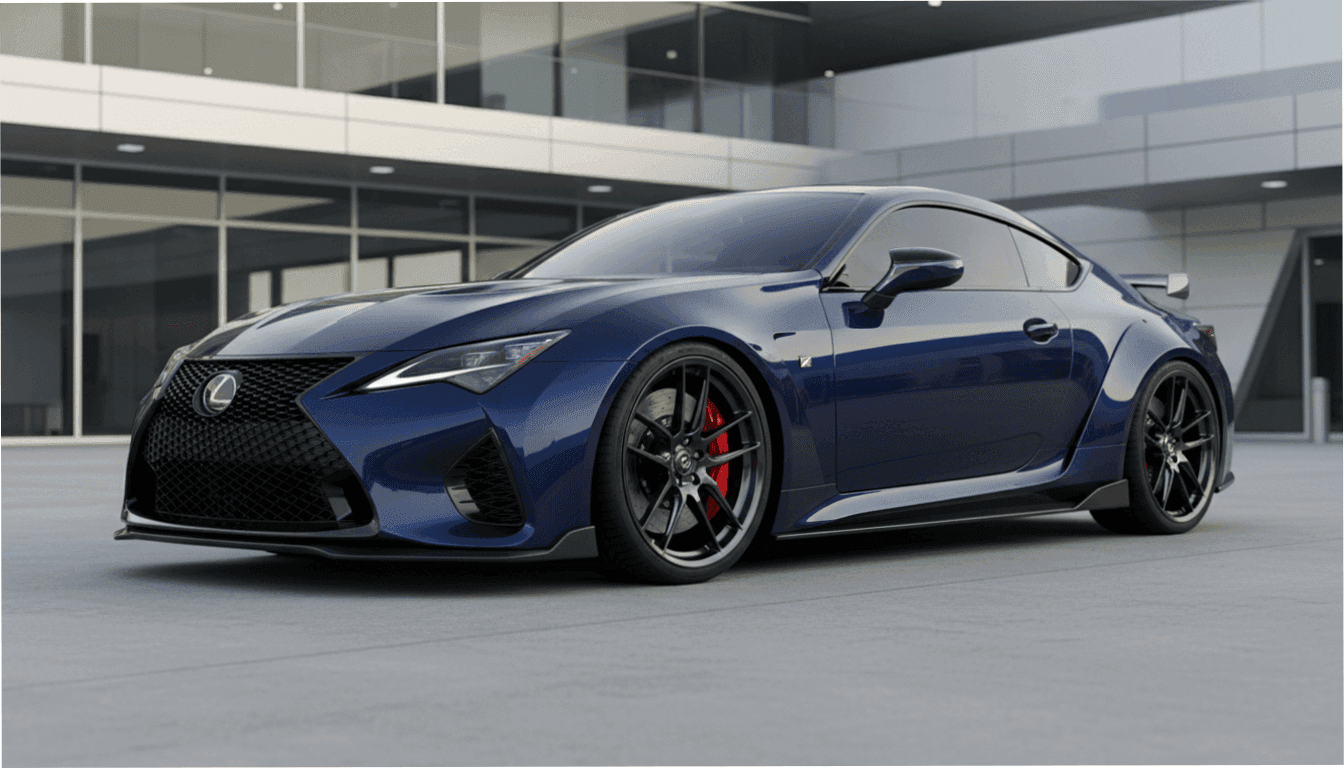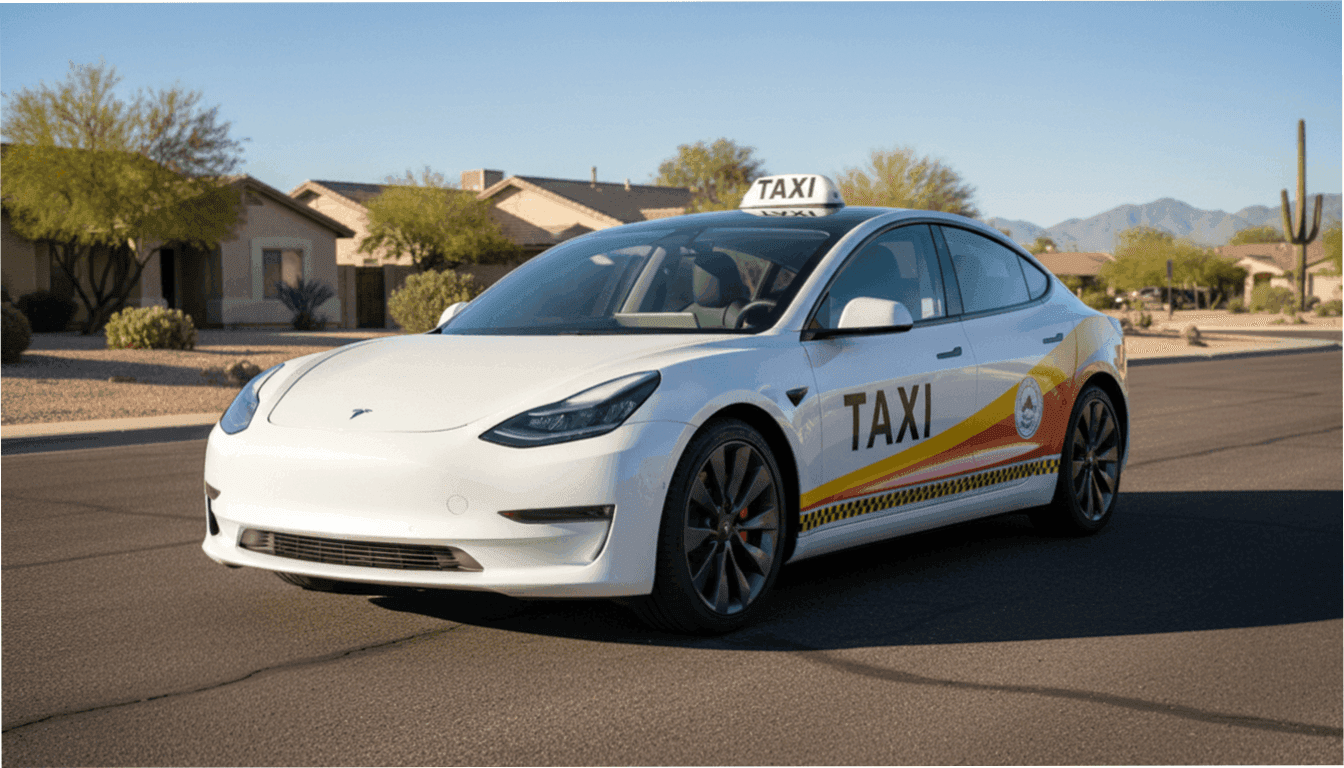Tesla Might Finally Add Apple CarPlay — Here’s What That Means for Drivers

Tesla has long taken pride in being a software-first automaker. From its oversized touchscreens to its minimalist interior design, the company has always insisted that its own operating system offers a cleaner, faster, and more unified experience than any third-party interface.
And for years, that philosophy meant rejecting Apple CarPlay, Android Auto, and all forms of phone mirroring.
But that era may soon come to an end.
According to a report from Bloomberg, insiders claim that Tesla has already begun internal testing of Apple CarPlay, marking what could be the biggest shift in Tesla’s infotainment strategy since the introduction of the Model S over a decade ago.
A Small Window, Not the Full Screen: Tesla’s “Twist” on CarPlay
Sources suggest Tesla doesn’t plan to adopt the traditional full-screen integration found in other brands. Instead, Tesla is reportedly testing a version of CarPlay that:
runs inside a smaller, contained window
sits within the existing Tesla UI
does NOT take control of the entire display
preserves Tesla’s navigation, energy interface, and main menus
In other words, Tesla wants CarPlay — but on Tesla’s terms.
This is consistent with the company’s long-standing philosophy: keep critical functions under Tesla’s control while offering customers the convenience of Apple’s ecosystem.
Tesla Isn’t Testing Apple CarPlay Ultra
Apple has been rolling out CarPlay Ultra, a next-generation system that takes over all screens in the car, including the instrument cluster, climate panel, and center display.
So far, the launch has been slower than Apple predicted. Some automakers have backed away from full integration, and the only major brand to adopt Ultra early is Aston Martin.
Bloomberg’s report makes it clear:
Tesla is not testing CarPlay Ultra
Tesla is not planning to give Apple control over the entire UI
Tesla’s version will remain “contained” and secondary to the native OS
This aligns perfectly with Tesla’s push toward software-defined vehicles (SDVs), where Tesla retains full control of in-car interfaces.
Why Tesla Might Be Changing Its Mind Now
Tesla has resisted CarPlay for more than a decade. So why change now?
1. Customer demand remains extremely high
CarPlay is consistently one of the top requested features from Tesla owners.
A portion of customers even use unofficial hacks to add CarPlay via Raspberry Pi.
2. Competitors offer stronger infotainment experiences than before
Legacy automakers — once way behind Tesla — now offer:
giant high-resolution screens
smoother native operating systems
digital key features
deep Apple and Android integration
The competition has raised the bar.
3. Tesla is facing slowing sales in some regions
Adding a highly requested feature is a low-cost way to boost consumer appeal.
4. Increasing software competition
Rivian does not support CarPlay, and GM is actively removing it, but many buyers remain loyal to Apple ecosystems.
Tesla may be seizing an opportunity:
By offering a controlled version of CarPlay, it can win customers without sacrificing its interface.
What This Could Look Like in Real Cars
The early leaks suggest something like this:
The driver plugs in or pairs an iPhone
CarPlay appears in a floating window
The main Tesla UI continues to run normally
Tesla maps and navigation remain the default
Apple apps (Music, Podcasts, Maps) run inside a smaller section of the screen
This is closer to the way CarPlay behaved in early infotainment systems before automakers allowed full display takeovers.
If accurate, it means Tesla will support:
Apple Music
Apple Maps (in the smaller window)
iMessage in “car mode”
Siri voice control
But Tesla will not allow:
full cluster CarPlay
climate control takeovers
dashboard animations
Apple-controlled vehicle settings
A compromise — but a historic one.
Industry Impact: Why This Matters
If Tesla truly adopts CarPlay, even in a limited way, it will:
1. Pressure Rivian and GM to rethink their anti-CarPlay stance
Tesla was the pioneer of the “no CarPlay” trend.
If Tesla changes direction, others may follow.
2. Improve owner satisfaction instantly
CarPlay consistently ranks as one of the most beloved in-car features.
3. Strengthen Apple’s hold on the automotive ecosystem
Especially if Tesla integrates it on hundreds of thousands of vehicles.
4. Set the stage for software-defined interfaces
Tesla can control UI placement while enabling external apps.
Tesla has denied CarPlay support for years.
But hidden testing, insider reports, and growing competition suggest that 2025 or 2026 could mark the company’s first real step toward official Apple integration.
If Tesla truly adds CarPlay—no matter how limited—this will be one of the most significant changes to the Tesla infotainment ecosystem since its creation.
For now, all eyes are on the next OTA update.


